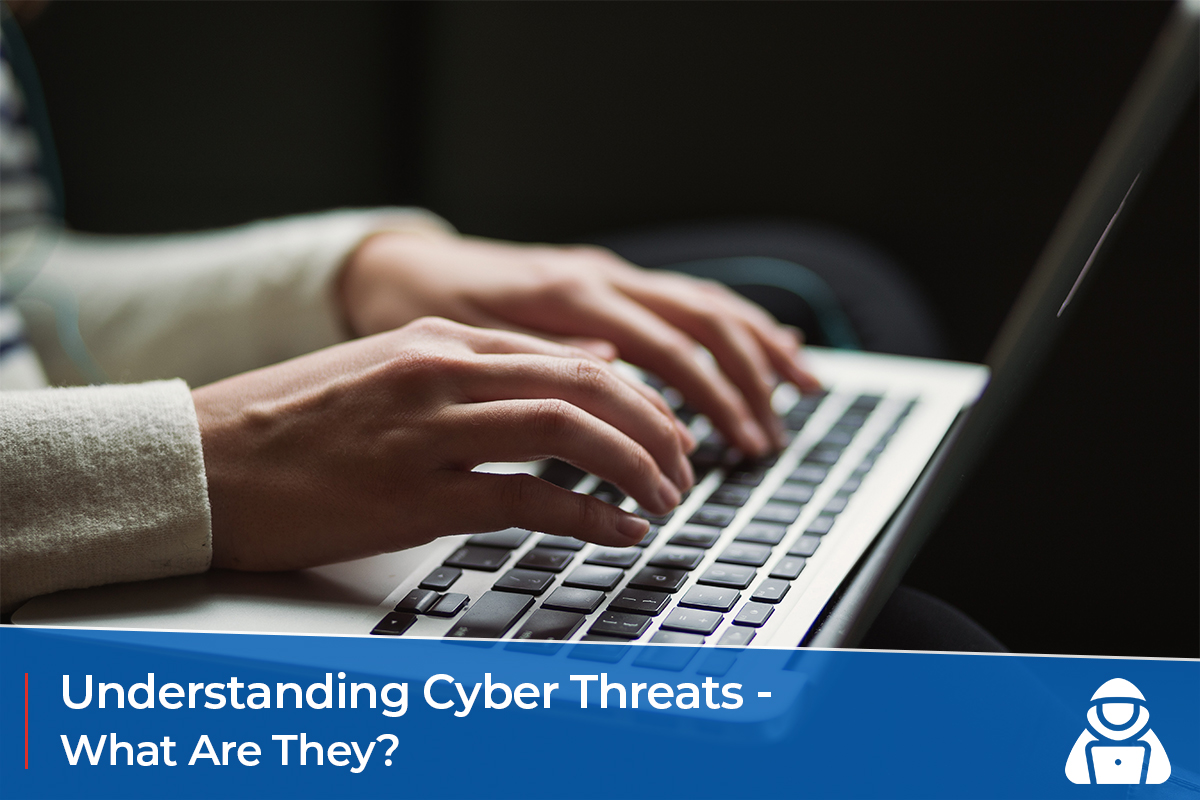In our previous article we explored how technology is gradually taking over our lives, why our reliance on it has reached new heights and how this reliance has opened doors to cyber criminals that were previously firmly closed. We did, however, state that the advancements in technology can’t be the only blame for the rise in cyber crime – business owners simply aren’t educating their teams sufficiently on the methods that cyber criminals are using to gain access to the organization’s sensitive data or to the disastrous effects that it could have for them going forward.
We are now familiar with the most common methods used by cyber criminals to gain access to your data. The next step is to explore the potentially disastrous consequences of your sensitive data being exposed on the Dark Web, and the ways in which you can prepare your systems and team to prevent the worst from happening.
Why should I care about my credentials being exposed on the dark web?
As counterproductive as it is, a lot of business owners choose denial as their approach – “Why would they want to target my business?”, and “My business isn’t large enough for them to bother with me”. Neither of these statements are true and both are dangerous to believe.
The Dark Web should not be ignored, nor should you presume your immunity to it, because it has the potential to ruin your organization from the inside out – causing irreparable damage along the way. Your defenses must be prepared and managed correctly at all times to avoid this happening.
Cyber criminals – as we explored in our previous article – use the Dark Web to trade and shop for illegal commodities, activities, and services – one of the most common of which is Data. If you are a victim of an attack then the likelihood of your data ending up on the Dark web is high – cyber criminals often have the Dark Web in mind before even beginning the attack.
The majority of people don’t help themselves by using the same password across all their different systems. Once a cyber criminal gains access to your system your very presence online could be at jeopardy and not just that string of Data that they have stolen. By using the same passwords you are allowing your attacker to simply log in as you elsewhere.
How to be best prepared for a cyber attack
Education
The most important way to prepare for an attack is to educate your employees. Education is important. Most of your employees will likely have no idea what their role in the protection of your system entails – or just how important they are.
Passwords
Every online profile should have its own unique password that is made up of a variety of different letters and numbers. Each and every password should be unique and bear no resemblance to any other. It is also recommended that you avoid any words, phrases or numbers that have a personal meaning to you. It is integral you use unique passwords because, as we explained earlier, using the same one will – if the criminal is successful – open the door to your entire system being hacked.
Multi factor authentication
Multi factor authentication requires additional access criteria to gain access, alongside the correct username/ password combination. This added information is typically something that only the authorized person would know, like a personal security question or a code sent to a personal device, for example.
Test passwords
Testing the quality of your passwords is important. There are a variety of different testing tools on the market that will highlight the quality and strength of your passwords for you, meaning you can change them if they don’t quite meet the standard required. For those that use Microsoft, their safety and security center contains a tool that will allow you to do exactly this with no need to download new apps.
Secure Mobile devices
Mobile devices are gradually warping from a tool that provides us with recreational connectivity, streaming, and internet surfing, to a vital part of our business functions. Because of this, device security should now be one of your greatest concerns. If you were to lose your device or it is stolen, accessing it won’t be a problem – unless you have implemented security measures on it. We can’t stress it enough – all portable devices must be secure with pin/ password protection as well as fingerprint or facial recognition if possible. It may become frustrating having to go through a long security procedure just to get on your device but, to ensure the safety of the sensitive data on it, surely it is worth it?
The security of your IT landscape is your responsibility, but it is not a battle you can fight alone – your team must play their part too.
The Human Firewall
As we said, the Human Firewall is by far the most integral line of defense your system has. Your users are the most important element for the continued safety of your systems against criminality, so, if they don’t know their importance or aren’t educated on their role in the safety of your systems, they can – as we explained throughout the articles – inadvertently be the bridge the cyber criminals use to gain access to your systems and steal your data.
With the knowledge you have learnt in these articles you should now feel more familiar with the Dark Web, and the disastrous consequences of not preparing your system with the security measures capable of protecting your data from cyber criminals.
IT Support the right way
By trusting us with your IT needs we can guarantee that your organization is ready to succeed in the modern digital workplace. Our experience in working with small businesses in Ontario and the Great Toronto Area allows us to ensure that you can increase revenue, secure your data, and always operate at peak performance in the most secure way possible. All these abilities can be achieved at the very highest standard. Contact us now to find out what else we can do to improve your IT landscape, fortify your cybersecurity hygiene and bring you even more benefits from your IT going forward.
Call for a free consultation at 1-877-709-2656 or click here to contact us.



